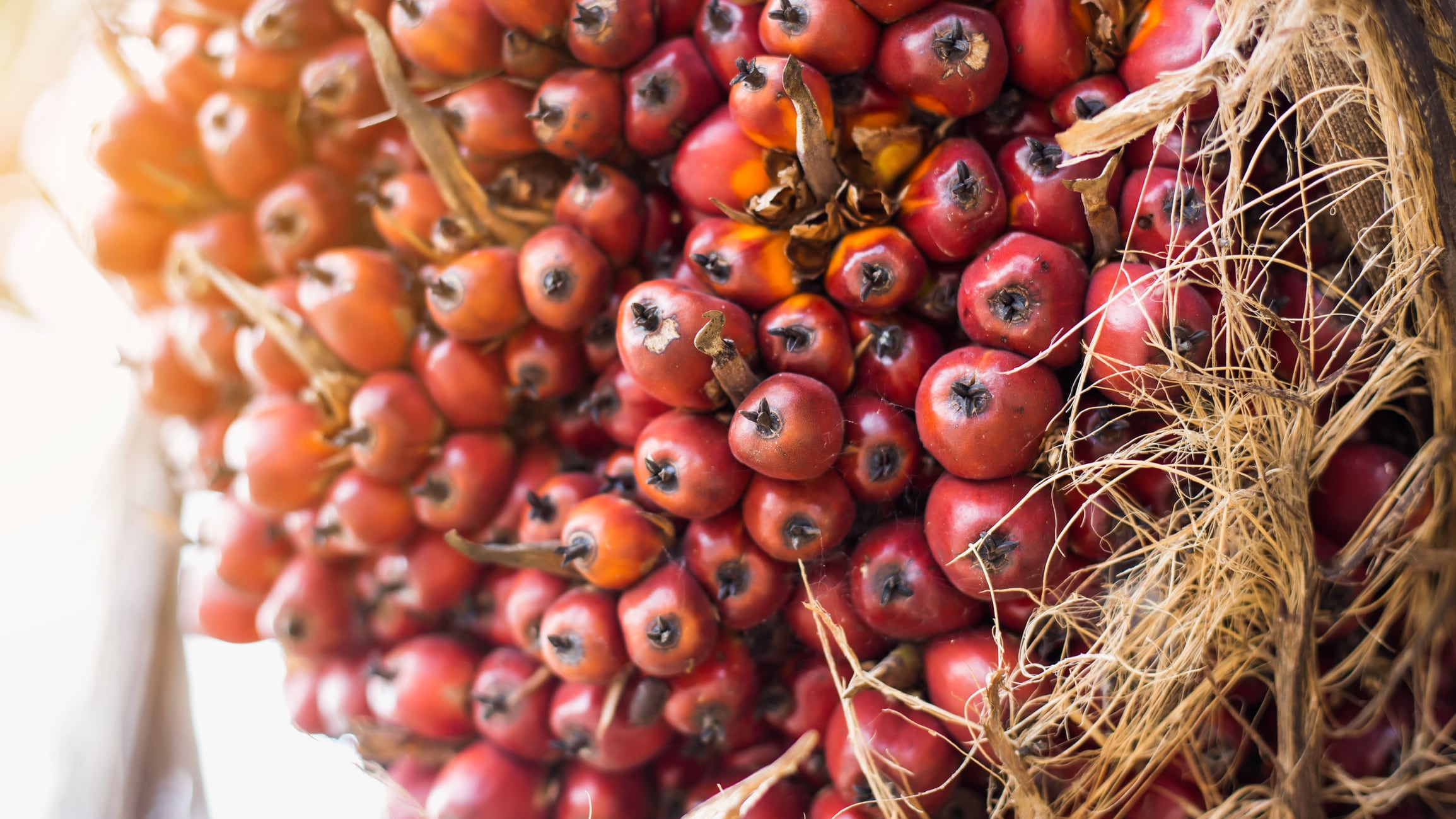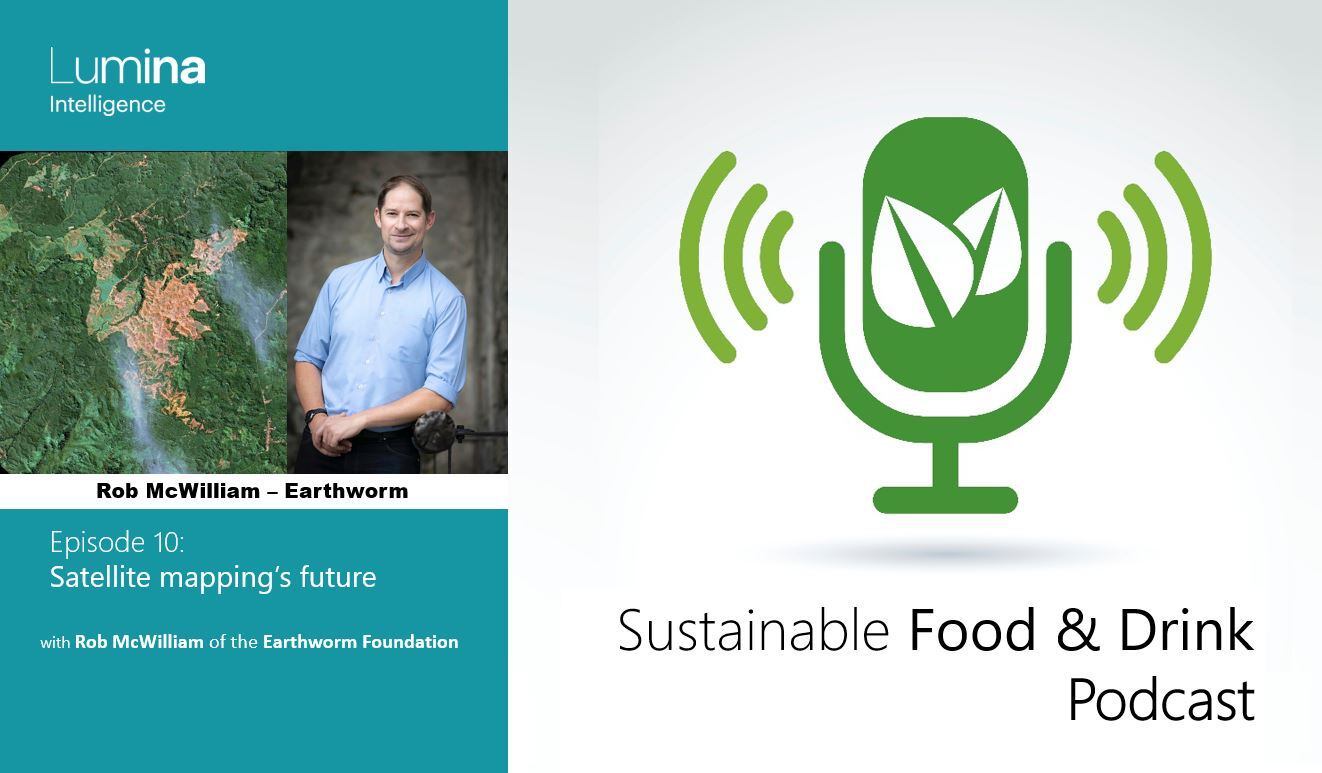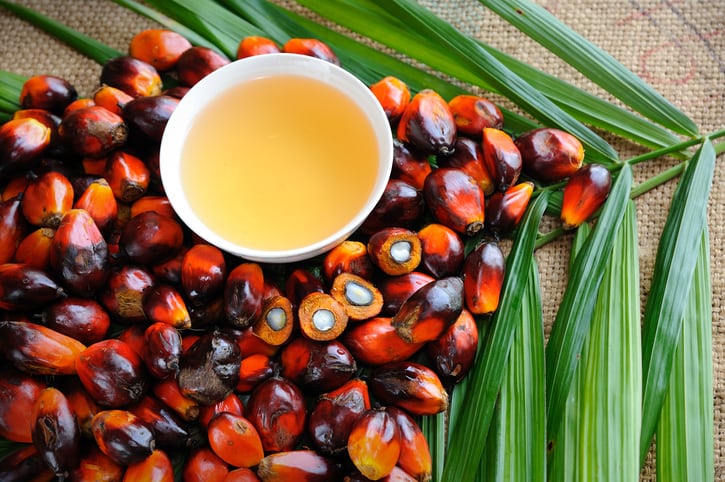The RSPO, a voluntary not-for-profit scheme set up in 2004 which claims more than 4,000 members worldwide representing all links along the palm oil supply chain, has developed a set of environmental and social criteria which companies must comply with in order to produce Certified Sustainable Palm Oil.
The RSPO claims these criteria – such as credit schemes whereby manufacturers buy credits for a corresponding volume of oil from a sustainable source – help to minimize the negative impact of palm oil cultivation on the environment and communities in palm oil-producing regions.
Critics, however, are of the view that palm oil by nature cannot be sustainable. Greenpeace, for instance, has argued that “RSPO is about as much use as a chocolate teapot.”
Greenpeace USA Senior Palm Oil Campaigner Diana Ruiz has previously called on companies to commit to use less palm oil and ensure any they do use comes from suppliers that are 100% deforestation-free. “Companies cannot rely on producers’ RSPO certification as a guarantee of sustainability,” said Ruiz.
Coronavirus risks sustainable palm oil efforts
What’s more, there are also concerns that supply chain disruption and shrinking profits wreaked by the global coronavirus pandemic could encumber the expansion of ethical palm oil production.
A new report from RSPO called ‘Delivering Deforestation-free Sustainable Palm Oil’ reiterates its message that palm oil is not the problem, but unsustainably grown palm oil is.
“Voluntary initiatives such as the RSPO can only go so far,” said the report, adding “the backing of governments is urgently needed to tip the scale for deforestation-free supply chains; for sustainable palm oil to become the norm.”
According to the report, regulatory action is an opportunity for governments to be ‘part of the solution as well as create a level playing field for the companies’.
“Governments have a critical role to play in educating the public, reframing the palm oil narrative, and meeting voluntary industry commitments. To minimise the risk of further global deforestation, RSPO believes that collaboration across agricultural-commodity industries, supply chains, and with governments and NGOs, is fundamental to halting deforestation and protecting forests, wildlife habitats, and areas of biodiversity.”
The RSPO urged European governments and the EU to implement binding rules to ensure companies follow high standards to act responsibly and address social and environmental issues and can support this initiative. Specifically, it said:
- The RSPO Principles & Criteria is the best way for companies and governments to meet their No Deforestation, No Peat, No Exploitation (NDPE) commitments as it applies to palm oil sourcing policies;
- Certification standards, such as RSPO, offer a real opportunity to take responsibility and become part of the solution;
- To scale the efforts of RSPO members, we welcome legislative action from governments to include our standards in their policies, from national interpretations of the RSPO’s standards for growers, to public procurement policies encouraging the purchase of RSPO Certified Sustainable Palm Oil;
- The RSPO’s Annual Communication on Progress provides the EU Commission the ability to benchmark progress of European companies and industries; and
- By advocating for certified sustainable palm oil, governments can encourage deforestation-free supply chains and determine the future of our forests.
RSPO's Head of Operations - Europe, Inke van der Sluijs, added: "In these uncertain and difficult times, we cannot stray from our sustainability commitments for 2020 and beyond. By advocating for certified sustainable palm oil, governments will encourage deforestation-free supply chains and determine the future of our forests."
The World Wide Fund for Nature, for one, has backed the RSPO view. A blog post from Dr Emma Keller at the WWF, for example, argues that boycotting palm oil would be counterproductive as the alternatives could potentially prove more damaging.
“Palm oil is an incredibly efficient crop, producing more oil per land area than any other equivalent vegetable oil crop. Globally, palm oil supplies 35% of the world’s vegetable oil demand on just 10% of the land. To get the same amount of alternative oils like soybean or coconut oil you would need anything between 4 and 10 times more land, which would just shift the problem to other parts of the world and threaten other habitats and species. We need to address the root causes of the problem of bad practice by working with palm oil and other oil producers and buyers to change their ways. Boycotting palm oil is not always the answer, but demanding more action to tackle the issues and go further and faster, is.”





